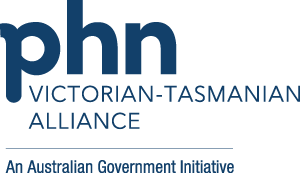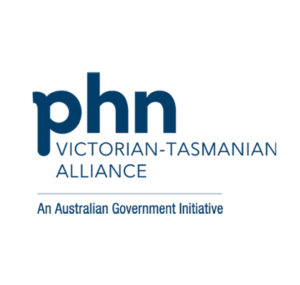Before attending the STI courses, we recommend you watch the primer videos below to support your learning.
Over the past 10 years in Victoria rates of syphilis, chlamydia and gonorrhoea have all increased, and primary health care practitioners are the key to bringing these epidemics under control. STIs are not always visible, but can cause severe health problems if left undiagnosed and untreated.
This informative and interactive session provides the understanding and tools to confidently manage common STI screening and care, making sexual health a routine everyday part of your primary health care practice. The option of referring complex cases and receiving other supports from the new sexual health sentinel clinics will be highlighted.
Learning outcomes:
- Improved understanding of sexual health care for young people, pregnant women and other key populations.
- Know how to approach taking a sexual history.
- Be able to describe the clinical presentation of chlamydia, gonorrhoea, and syphilis.
- Be able to correctly perform comprehensive sexual health screening, including testing for the most common STIs.
- Manage treatment, contact tracing and, if necessary, referrals using the Health Pathways tool.
Format: Online, 2 hours.
Presenters & Facilitators: Dr Melanie Bissessor, Sexual Health Physician, Melbourne Sexual Health Centre.
Learning Methods: Presentation, case discussion, Q&A.
Continuing Professional Development: 4 x RACGP CPD hours (Educational Activity)/2 x ACRRM PDP points. All participants will receive a certificate of attendance.

















